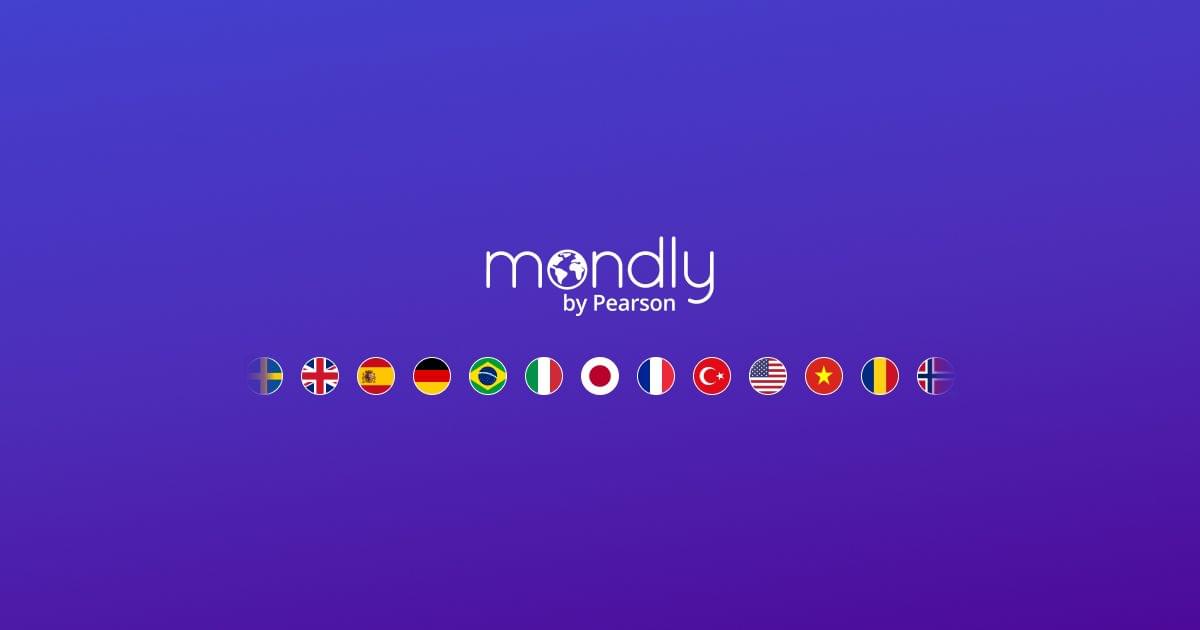Every time you learn a new phrase, you’re not just memorising sounds; you’re unlocking a new way of seeing reality. Words reveal what a culture values, how it expresses emotion, and what it considers worth naming.
This week’s edition explores that magic in motion. You’ll learn why stealing real phrases beats studying word lists, how a simple French expression can teach you grace, what “pragmatics” really means for true fluency, and why silence in Japan says more than words ever could.
Because learning languages isn’t just about speaking differently — it’s about thinking differently.
Quick Language Tip
Steal phrases, not words.
Here’s the truth: fluent speakers don’t think about grammar. They remember phrases that work.
Next time you’re watching a show, scrolling social media, or listening to a podcast in your target language, don’t pause to translate. Instead, steal the exact phrases that sound natural.
When someone says “¿Sabes qué pasa?” (You know what’s going on?) or “C’est pas grave” (It’s no big deal), write it down. Don’t study it — use it. Drop it into your next conversation.
Why? Because your brain loves rhythm. It remembers sentences the way it remembers song lyrics. And when you use real phrases, you stop sounding like a textbook and start sounding alive.
So this week: listen less like a student, and more like a thief. The best speakers are the best phrase stealers.
Word or Phrase Spotlight
“C’est pas grave” (French) — “It’s not a big deal.”
If you spend any time in France, you’ll hear this phrase constantly — “C’est pas grave.”
It’s used when someone bumps into you, makes a mistake, or spills coffee on the table. Literally, it means “It’s not serious,” but culturally, it’s more than that.
It’s a philosophy.
A way of saying let it go, life moves on, no harm done.
In a world that often demands perfection, c’est pas grave reminds you to relax — to accept that mistakes (in language and in life) are part of being human.
Use it when you mess up your pronunciation, forget a word, or get lost mid-sentence. Because every learner deserves to say, with a smile, “C’est pas grave.”
Understanding Linguistics
How we say things matters as much as what we say.
Pragmatics is the branch of linguistics that studies how context shapes meaning — the difference between the words we say and what we actually mean.
When someone says, “It’s cold in here,” they might not be commenting on the temperature. They might be asking you to close the window.
When a British friend says, “That’s… interesting,” it might not mean “interesting” at all.
Pragmatics is what allows language to breathe. It’s tone, timing, body language, and shared cultural knowledge all working together. Without it, even grammatically perfect sentences can sound strange or rude.
Understanding pragmatics helps you become not just fluent, but socially fluent. It teaches you when to soften a request, how to read between the lines, and how to use language to connect, not just communicate.
Because in every culture, meaning isn’t just spoken. It’s implied.

Language Learning App
Tool: Mondly
Mondly is a freemium language app that blends vocabulary, phrases, speech recognition, and chatbot conversations into interactive lessons.
Why it’s useful:
Works with 41 languages — a wide range of options.
Focuses on conversational phrases early, not just isolated words.
Uses speech-recognition to help with pronunciation.
Did You Know?
More than 7,000 languages are spoken in the world today, and over half of them have fewer than 10,000 speakers.
That means the average city could hold the entire population of a language. Some are spoken by a single village, or even a single person.
Every time one disappears, we lose more than words. We lose stories, songs, humour, and a way of seeing the world that will never exist again.
So every time you learn a new language, even a few phrases, you’re helping keep humanity’s collective voice alive.
Know More About Culture
In Japan, silence speaks volumes.
In many Western cultures, silence in conversation feels awkward — a gap that needs to be filled. But in Japan, silence can be a sign of respect, reflection, or emotional depth. It’s called “ma” (間) — the space between sounds, actions, and thoughts.
During conversations, a pause isn’t uncomfortable; it’s meaningful. It allows everyone to think, to sense the atmosphere, to respond with intention. Speaking too quickly or interrupting can come across as rushed or inconsiderate.
Understanding ma changes how you listen. It reminds us that communication isn’t just words. It’s timing, awareness, and presence.
So next time you find yourself in silence with someone from another culture, don’t rush to fill it. Sometimes, silence says exactly what words can’t.
Fun Linguistic Fact
Your brain doesn’t hear all languages the same way.
When you’re a baby, your brain can recognise every sound from every language in the world, from Japanese pitch accents to the click consonants of Xhosa.
But by the time you’re one year old, your brain starts tuning itself to the sounds it hears most often — and quietly “switches off” sensitivity to the rest.
That’s why adults struggle to hear the difference between similar sounds in other languages (like r and l in Japanese, or b and v in Spanish). Your brain literally filters them out as “the same.”
The good news? With listening practice, you can retrain your brain to hear new sounds again. You’re not just learning words — you’re rebuilding your ears.
Join the Conversation
What’s your favourite example of how language reflects culture? Share your thoughts with our community on Facebook, X, and LinkedIn.
When you share Language Learners Hub, you’re not just inviting friends. You’re helping us create more free tools and resources for everyone.
What’s possible through referrals:
Pronunciation Cheat Sheet — available now for all members.
Mini Masterclass Video Pack — coming soon.
The Polyglot’s Private Collection — coming soon.




